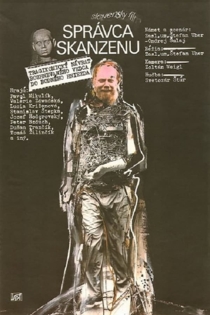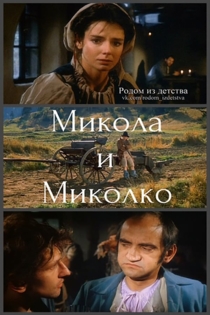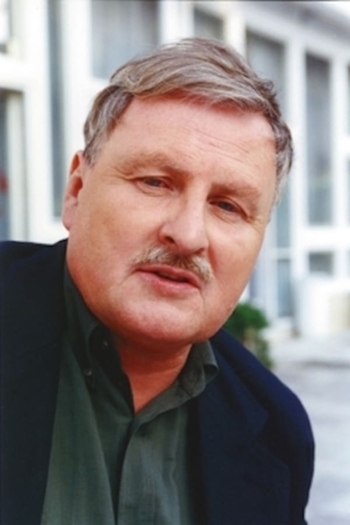
Dušan Trančík
1946 (79 лет)The Garden
Martin Šulík
Zuzana Šulajová, Marián Labuda
Jakub's life arrived at a dead-end. He leaves his job, and gets into conflict with his father. The trouble just grows by his relation with a married woman. Breaking out, Jakub realizes the pleasures of the countryside in the old garden of his grandfather. He finds true love with an angel, and encounters various exciting moments of his new free life. Strange visitors arrive, and he wont get back to town anymore.
The Garden
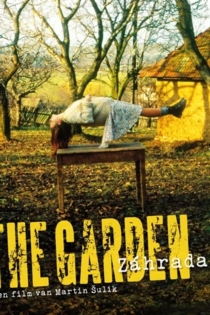
Das tapfere Schneiderlein
Dušan Trančík
Miroslav Noga, Mónica Molina
После того, как герою этой сказки удается одним ударом убить семь мух на окошке, он думает, что может победить кого угодно. Эта уверенность помогает ему одержать победу над чудовищем, которое держит в страхе все королевство!
Seven in One Fell Swoop
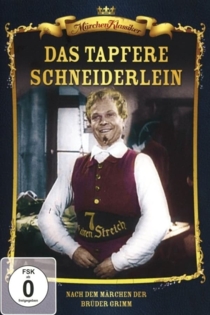
Iná láska
Dušan Trančík
Maroš Kramár, György Cserhalmi
A story of a young student of medicine, who arrives in a small mountain village after being accused for carrying out illegal abortion. The film reflects the moral decline of the society, where stealing in secret and making compromises against one's beliefs make up mundane reality. The filmmakers went to perhaps the furthest possible limits in terms of allowed social criticism in the 1980s. The negative picture is enhanced by its rural setting, since the Slovak village had been traditionally associated with strict morals and conservative values.
Another Love

Koncert pre pozostalých
Dušan Trančík
Juraj Kukura, Vladimír Pavlar
A picture of generational confrontations between children and parents. A young and ambitious violin virtuoso, Peter, lives in long-lasting conflicts with his father. Only after his death Peter realizes how much he had been hurting his father. Still, not even the tragedy can make a change in his shallow life in stereotype.
Concert for the survivors
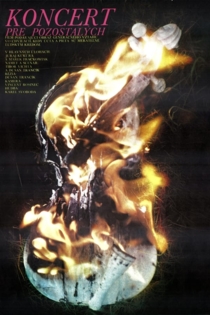
Keď hviezdy boli červené
Dušan Trančík
In 1950, Jozef watched the communists assume control over his native Hungary. He was too young to have an opinion about it, but he was mightily impressed all the same. Now it is 1968, and he is a young man. When the Russian tanks come rolling through his village on their way to suppress the stirrings of freedom in Prague, he does what he can to ensure that he's in good odor with those who will inevitably come out on top. This meandering political drama is apparently an exploration of opportunism, but reviewers gave it low marks for clarity of exposition.
When the Stars Were Red

